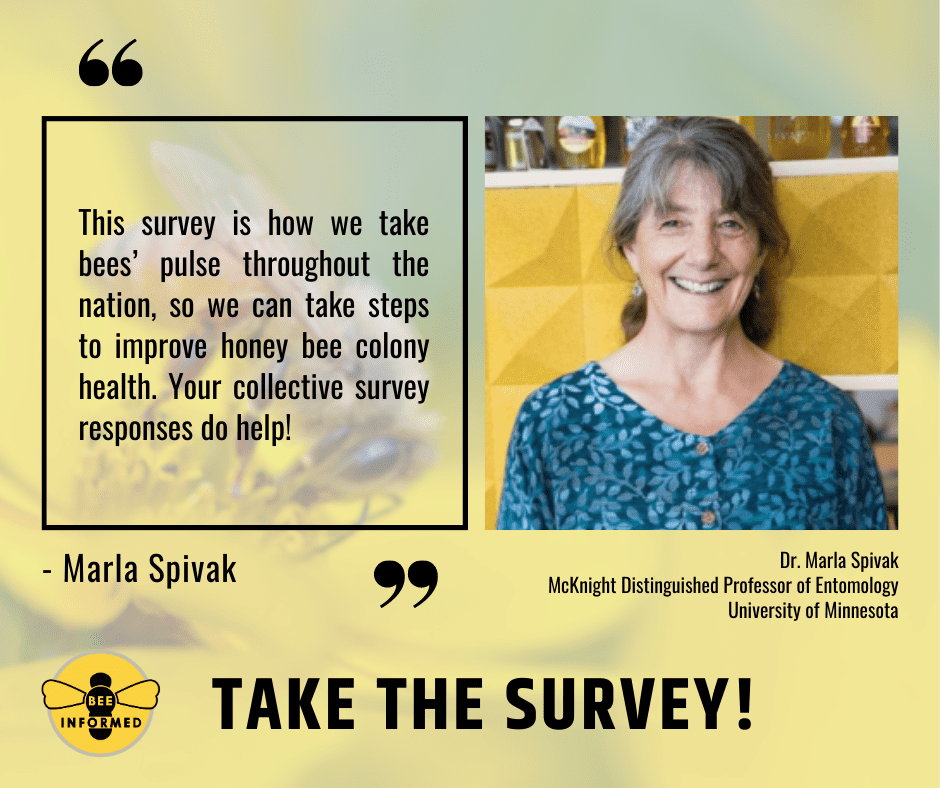The Loss and Management Survey carries many voices! It’s strength comes from the many beekeepers who volunteer their time to answer its questions.
We’re also very lucky to receive support from a wonderful community. Here are some of their voices.
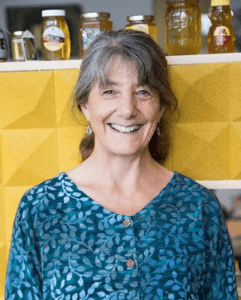
“This survey is how we take bees’ pulse throughout the nation, so we can take steps to improve honey bee colony health. Your collective survey responses do help!“
– Marla Spivak, University of Minnesota

“The BIP Loss and Management Survey generates a countrywide view from citizen scientists of current challenges in beekeeping. It is also the best view of how specific disease controls are working for US beekeepers. The information is widely used by the public, by researchers, and by regulators as a measure of the honey bee industry.”
– Jay Evans, USDA Beltsville
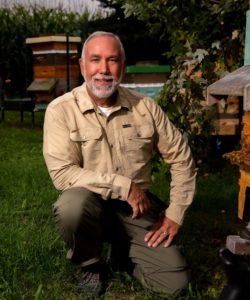
“When it comes to honey bees, no matter if you’re a backyard enthusiast, sideliner, or commercial apiarist, participating in the Loss & Management Survey hosted by the Bee Informed Partnership is critical. When we all share how we’re keeping bees, what we’re treating with (or not), and how honey bees under our care survive, thrive, or die out, we become better stewards of the honey bee collectively.
I encourage all of my viewers to participate in this valuable annual survey. More participation by beekeepers results in a more complete national picture of how bees are doing, and an arrival at a collective Best Practices approach to keeping honey bees. Just like pixels in a photosensor/image, the more there are, the sharper the image is, the more beekeepers participate, the more informed we’ll be. Citizen Science at its best. I’m happy to support the BIP.”
– Frederick Dunn

“The Loss and Management survey is an incredible undertaking every year! It doesn’t just provide us with a reference point for recent colony losses around the country but also helps us tease out trends in honey bee health that would otherwise just be speculation. It gives every beekeeper the chance to be a part of the scientific process and then brings that science back around for their benefit. I doubt you can find a better example of community science at work.”
– Samuel Ramsey, University of Colorado Boulder

“It is helpful for beekeepers to take the survey – the more data we have, the better decisions we can make to improve honey bee health”
– Meghan Milbrath, Michigan State University

“In a honey bee colony, there is strength in numbers; the honey production of a single colony with 60,000 bees is way higher than the combined production of two colonies with 30,000 bees each. The same is true when it comes to data on honey bee health—the more input from beekeepers, the more resolute the findings, the more accurate the inferences that can be made. Show your strength in numbers, and be part of the BIP annual survey.”
– David Tarpy, NC State University
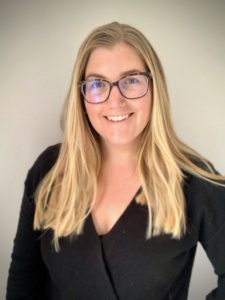
“The National Loss and Management survey is critical for honey bee researchers across the US. Results help us understand how beekeepers of all shapes and sizes are doing, and also help us express the urgency of colony loss rates to funding agencies who can help us find solutions!”
– Kelly Kulhanek, Washington State University
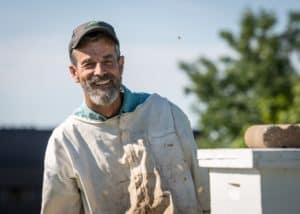
“The BIP Survey is a key informational data gap filler that nobody does. How would the industry, individual beekeepers, pollinator dependent ag., or environmentalists or Local, State or Federal Gov., or… have any idea of the health status of the managed honey bee industry without BIP? The production agriculture industry that depends on managed honey bees for the huge variety of fruits, nuts, vegetables themselves or seed production to grow them valued at 20 Billion Dollars. And that does not include the health of the environment that honey bees so strongly contribute to. What other industry loses 30%-40% of its ‘livestock’ yearly? Beekeepers and honey bees work together to make up these yearly losses so we can feed ourselves, and our livestock, and maintain environmental fitness.
BIP documents the value of honey bees and their managers. Without BIP, we beekeepers would be relegated to the sidelines because nobody would know or care about our industry’s value. Without this information being available to the media nobody would know or care.”
– Jerry Hayes, Bee Culture
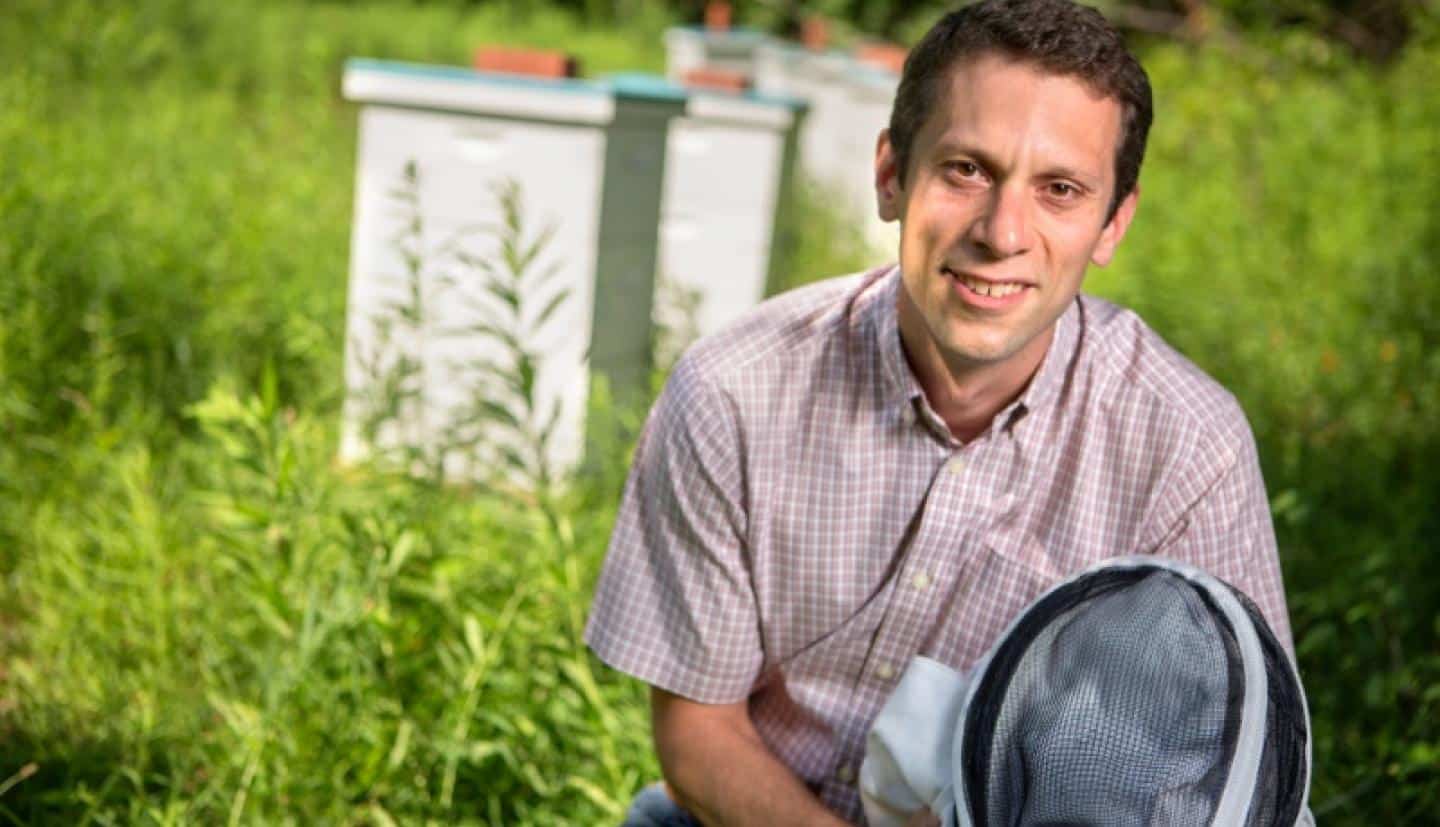
“Having as many beekeepers as possible fill out the BIP management survey is important since it allows us to understand industry-wide trends and design and conduct evidence-based studies with the goal of improving honey bee health. I include BIP management survey data in every presentation I give to beekeepers, researchers, government officials, and other members of the public! ”
– Scott McArt, Cornell
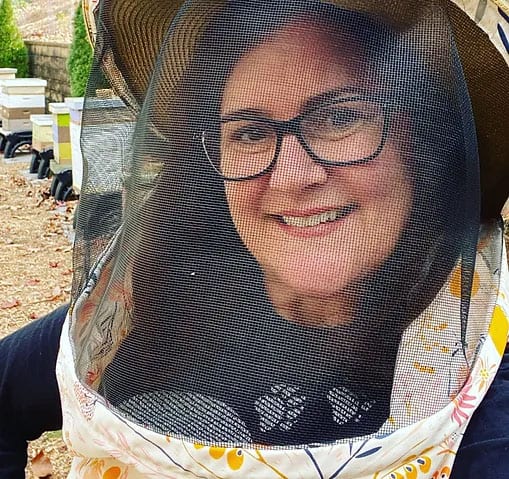
“This survey is genuinely one of a kind— both in reach, covering the entire US, and also for the many ways the data is used. As a beekeeper this is something you can do in 15 minutes that is truly impactful.”
– Julia Mahood
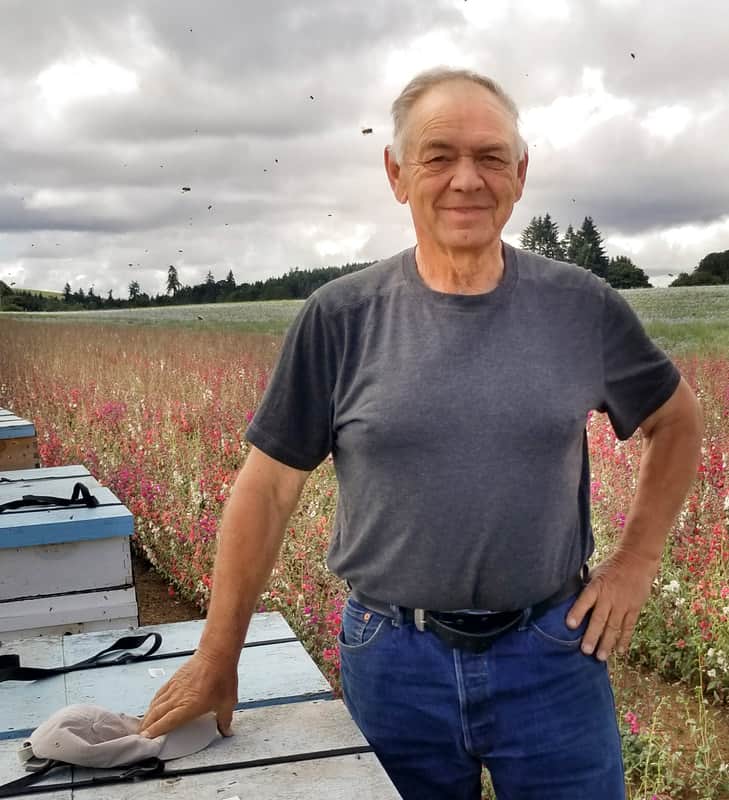
“Having been a commercial beekeeper my whole adult life, I can honestly say that what has been most valuable to me has been my connection with other beekeepers. My own experience is so isolated and without context, I only really start to see a bigger picture when I interact with other beekeepers. But there is really not a good forum for that, and we honestly don’t even know how many hives there are in this country, nor know who the beekeepers are. The BIP colony loss survey is one of very few tools we have that collects information that informs that bigger picture, and creates context for our own experience.”
– George Hansen, Commercial beekeeper, Oregon

“BIP Bee Survey Matter! Your responses are paramount for providing data for understanding bee health and practices used across the country. The more data collected, better recommendations and research plans will be developed to best meet your needs.”
– Medhat Nasr, Ph. D., Apiculturist, Canada
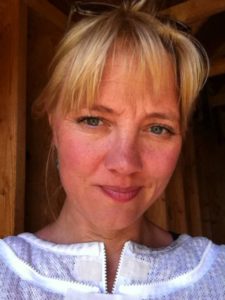
“Even though survey fatigue in our small industry is real, the most credible source of information for those of us studying the health of the beekeeping industry year over year is you- the beekeeper. The time you give to take this Annual Survey is well spent, please add your data- and thank you!”
– Danielle Downey Project Apis m
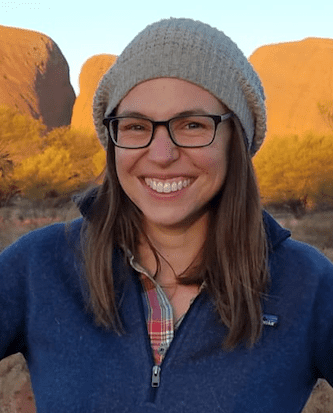
“Contribute to the longest running US loss survey to provide a way for beekeepers, researchers and other honey bee advocates to talk about colony mortality and what it means for beekeepers.”
– Katie Lee, University of Minnesota
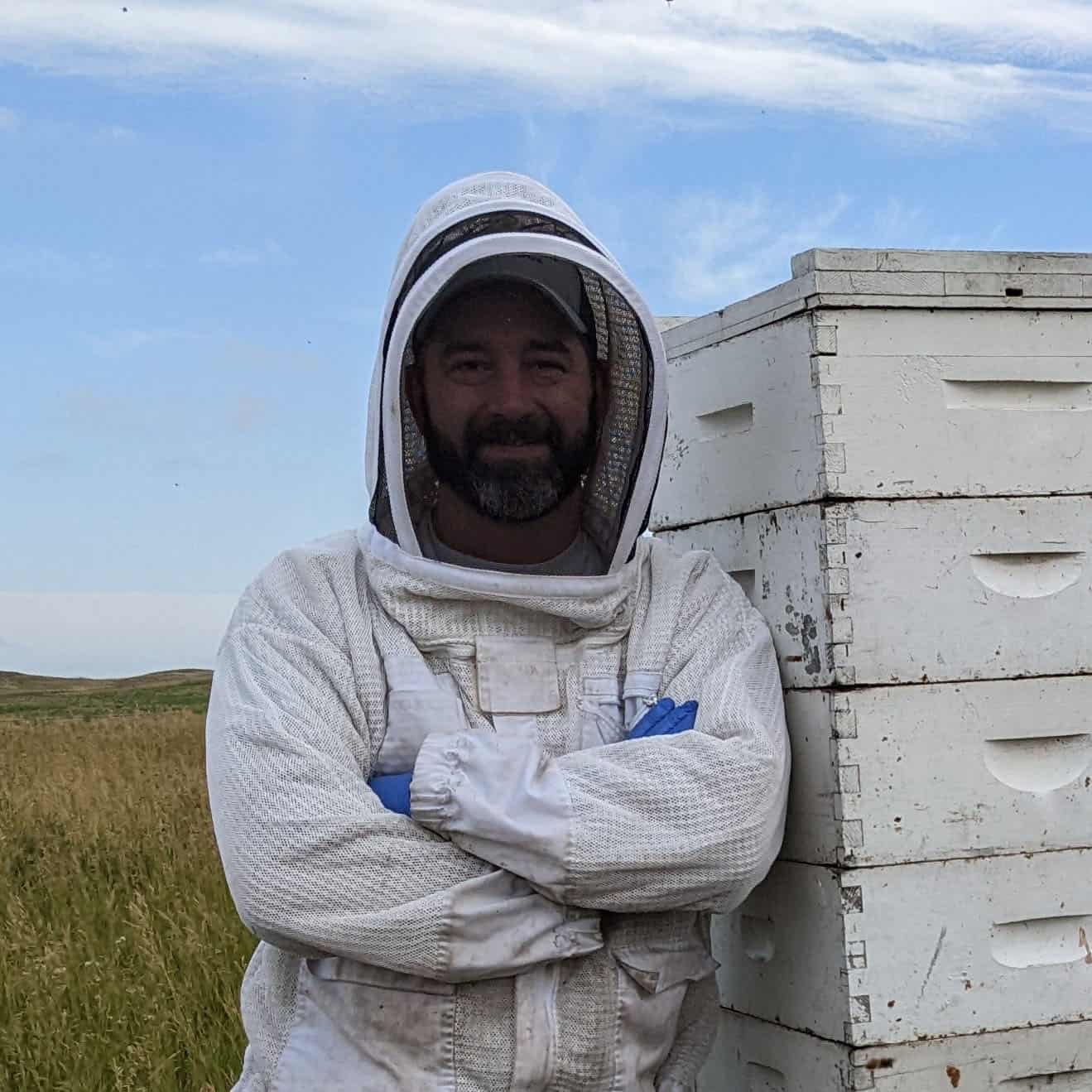
“The activities of the honey bee scientific community are strongly influenced by beekeeper surveys. This ensures research resources are used to address the issues that are most critical to beekeepers. The amitraz resistance in Varroa project was born directly from conversations I had with beekeepers, so I understand the importance of aligning research interests with beekeeping concerns. The more participants in these surveys ensure more reliable data to inform scientists what are the most pressing issues of the day. It is important to offer surveys frequently since the factors impacting honey bees are rapidly changing on an annual basis. The hour or so spent on these surveys will guide our research for years in the future. We must work together as beekeepers and scientists to ensure the health of our honey bees.”
– Frank Rinkevich, USDA ARS
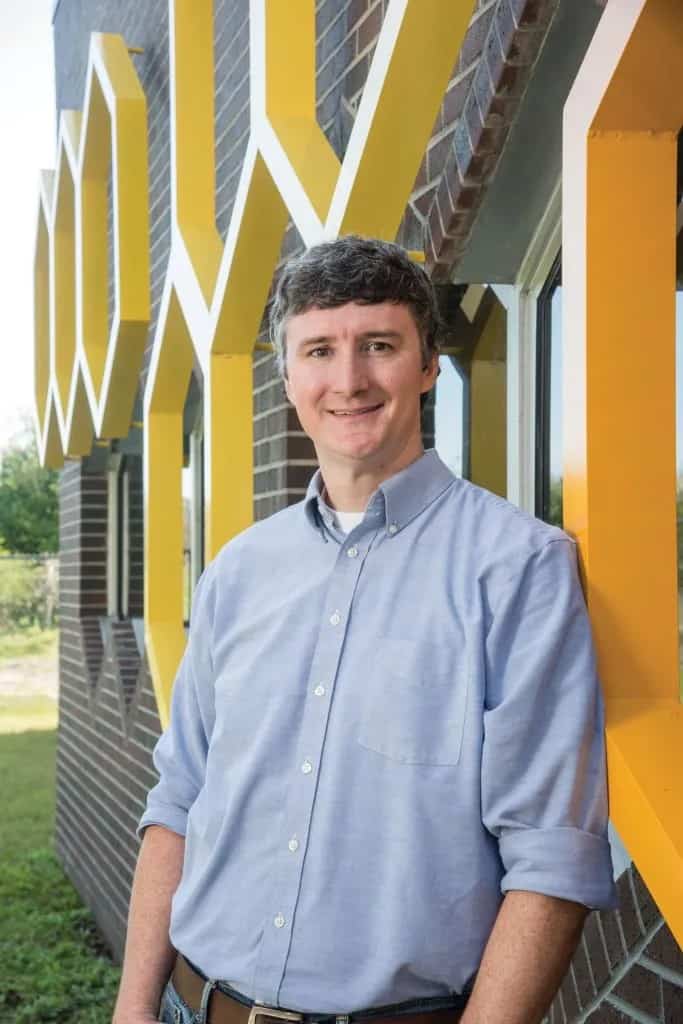
“My team and I use the data generated from the BIP beekeeper surveys to shape our apiculture program at the University of Florida. We develop research projects and implement entire extension programs focused on stressors that beekeepers identify as important through the surveys. The BIP survey data have made our program better for beekeepers and better for the health and productivity of managed honey bee colonies. I ask all beekeepers, regardless of the number of colonies managed, to complete the BIP survey. Your participation really does make a difference!”
– Jamie Ellis, University of Florida
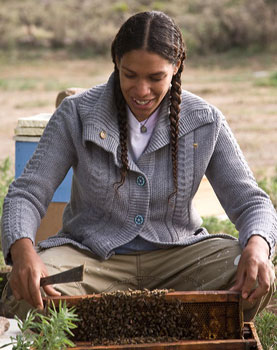
“We can become better bee stewards when we share information and learn together how to navigate challenges, and develop short and long term goals for sustainable practices and healthy landscapes. By sharing your beekeeping experiences via the BIP survey, your voice can be heard and added to the collective database that helps decipher management challenges and encourages the development of needed applied research that helps bees and their keepers around the country.”
– Melanie Kirby
If you have already taken the 2023 Loss and Management Survey, THANK YOU! Please consider sharing this with all the beekeepers in your life!
If you haven’t, please take a few moments to take the survey now!
We need all of your voices!
